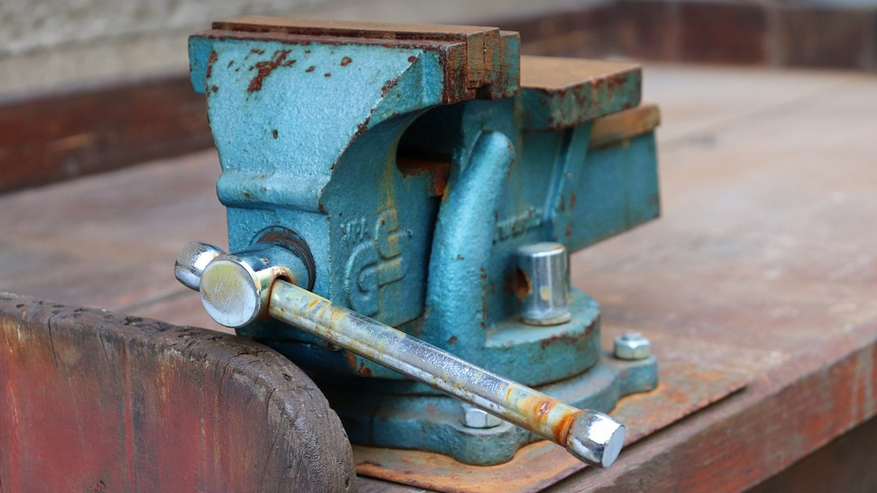
Joe Biden In Rolling Fork: A Journey Of Hope And Progress
A Community’s Resilience and a President’s Commitment to Change
On the scorching Mississippi soil, where time seemed to move slower than usual, President Joe Biden made his journey to Rolling Fork. It wasn’t just a visit; it was a pilgrimage of hope, a testament to the enduring resilience of communities facing unimaginable challenges.
The tornado had struck less than three months ago, leaving behind a path of devastation. Homes were reduced to rubble, lives shattered, and community spirit tested to its limits. The air was thick with grief, and hope seemed distant, like a beacon in a storm-ridden sea.
But amidst the despair, there bloomed resilience. Locals stood tall, their faces etched with sorrow and determination, yet they held onto hope for rebuilding. Their strength resonated throughout the town, a testament to the human spirit’s ability to overcome adversity.
The President arrived at a time when his nation was grappling with its own inner demons – division, inequality, and a desperate need for unity. As he walked these ravaged streets, Biden saw not just destruction but the raw threads of community that ran deep beneath the surface. He witnessed firsthand the spirit of resilience, the unwavering determination to rebuild.
The President’s visit wasn’t merely a photo op or a political gesture. It was an act of empathy, a testament to the shared human experience. He spoke with survivors, listened to their stories of loss, and acknowledged the immense pain they endured. Tears welled in his eyes, reflecting not just his personal sorrow but also the collective heartache of a nation grappling with a devastating loss.
He pledged support for rebuilding efforts, echoing the words of hope and promise that resonated through the empty fields. The administration announced immediate financial aid, pledging to expedite the reconstruction process. A tangible demonstration of their commitment to these communities.
But Biden went beyond simply addressing the immediate needs. He touched upon a larger societal need – bridging divides and fostering unity in a nation increasingly polarized by political ideologies and social divides. The spirit of unity, a spirit that transcended political affiliations, was evident in the President’s words. He called for compassion and understanding, recognizing the shared humanity that binds us together.
Biden knew his presence wouldn’t erase the past. He understood the weight of history, the legacy of challenges faced by these communities. His visit wasn’t just about rebuilding homes; it was a promise to invest in their future. It was an act of hope that resonated beyond the immediate crisis.
This trip to Rolling Fork was more than a presidential tour. It was an affirmation of community, a reminder that even in times of adversity, humanity’s spirit can endure and triumph. Biden’s visit offered a powerful message: rebuilding requires not just physical resources but also emotional support, shared responsibility, and the unwavering belief that hope can bloom even amidst devastation.
The trip to Rolling Fork was a potent reminder of what this country stands for: resilience, unity, compassion. In these battered streets, President Biden left behind a legacy of hope, a testament to the unyielding strength of community and the enduring spirit of America.